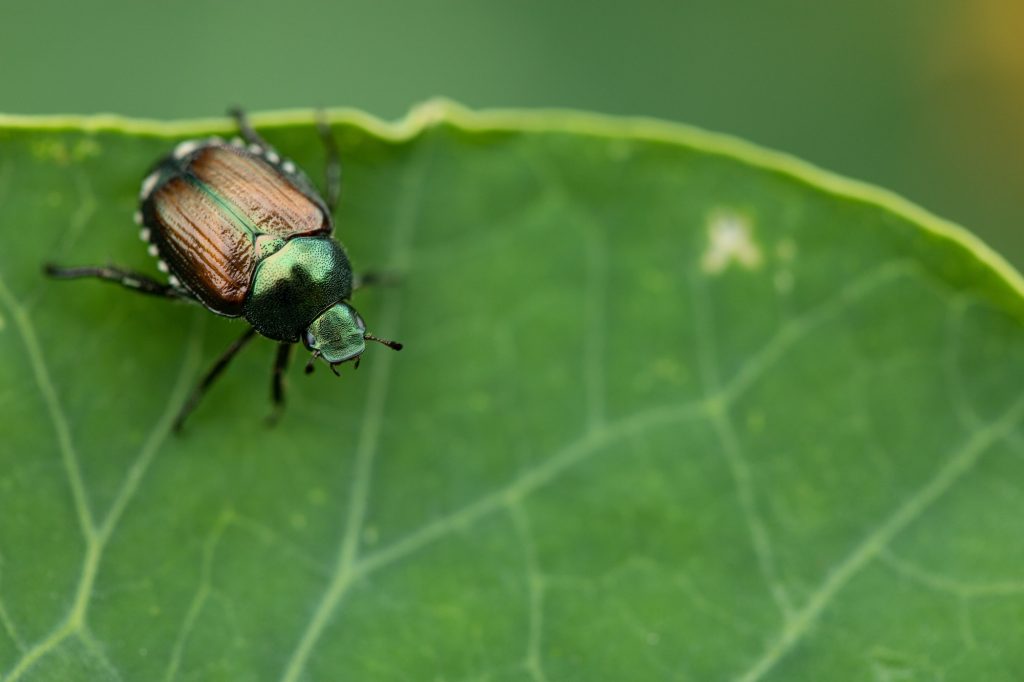Gardening is a fun and rewarding hobby, but it can be frustrating when pests invade your plants and destroy all your hard work. In this article, we will cover the 10 most common garden pests and provide tips on how to deal with them.
1. Introduction
Garden pests come in all shapes and sizes, and they can wreak havoc on your plants if left untreated. Some pests chew on leaves, while others suck the sap out of your plants. The good news is that with a little knowledge and effort, you can protect your garden from these pesky invaders.
2. Aphids
Aphids are tiny insects that come in a variety of colours, including green, yellow, and black. They are sap-sucking pests that can quickly reproduce and infest your plants. Aphids can cause stunted growth, yellowing leaves, and distorted foliage. To deal with aphids, you can try spraying your plants with a mixture of water and dish soap or insecticidal soap. You can also introduce natural predators such as ladybugs or lacewings to your garden.
3. Spider Mites
Spider mites are another sap-sucking pest that can be difficult to see with the naked eye. They are usually found on the undersides of leaves and can cause yellowing or bronzing of foliage. To get rid of spider mites, you can try spraying your plants with a strong stream of water or using insecticidal soap. You can also introduce predatory mites to your garden.
4. Whiteflies
Whiteflies are small, winged insects that feed on the sap of plants. They can cause yellowing leaves and stunted growth. To deal with whiteflies, you can try using yellow sticky traps or spraying your plants with a mixture of water and insecticidal soap. You can also introduce natural predators such as ladybugs or lacewings to your garden.
5. Mealybugs
Mealybugs are soft-bodied insects that resemble tiny cotton balls. They can be found on stems, leaves, and the undersides of leaves. Mealybugs feed on the sap of plants and can cause stunted growth, yellowing leaves, and distorted foliage. To get rid of mealybugs, you can try spraying your plants with a mixture of water and insecticidal soap or rubbing alcohol. You can also introduce natural predators such as ladybugs or lacewings to your garden.
6. Scale Insects
Scale insects are small, immobile pests that attach themselves to the stems and leaves of plants. They suck the sap out of plants and can cause yellowing leaves and stunted growth. To deal with scale insects, you can try scraping them off with a soft brush or spraying your plants with a mixture of water and insecticidal soap. You can also introduce natural predators such as ladybugs or lacewings to your garden.
7. Japanese Beetles

Japanese beetles are metallic green beetles that can cause significant damage to plants. They chew on leaves, flowers, and fruit and can quickly defoliate a plant. To deal with Japanese beetles, you can try handpicking them off your plants or using a beetle trap. You can also spray your plants with neem oil or introduce natural predators such as birds or nematodes that feed on the grubs in the soil. It’s important to note that beetle traps can attract more beetles to your garden, so they should be used sparingly and strategically.
8. Slugs and Snails
Slugs and snails are common garden pests that feed on the leaves and stems of plants. They can cause large holes in leaves and can be particularly problematic in wet weather. To deal with slugs and snails, you can try using a beer trap or copper tape around your plants. You can also introduce natural predators such as birds or predatory nematodes to your garden.
9. Caterpillars
Caterpillars are in the larval stage of moths and butterflies, and they can be major pests in gardens. They can chew on leaves and cause significant damage to plants. To deal with caterpillars, you can try handpicking them off your plants or using a natural pesticide such as Bacillus thuringiensis (BT). You can also introduce natural predators such as birds or parasitic wasps to your garden.
10. Ants
Ants are not usually considered garden pests, but they can be a problem when they farm aphids for their honeydew. Ants will protect aphids from predators, and in return, they will feed on the sweet honeydew that aphids produce. To deal with ants, you can try using a sticky barrier or diatomaceous earth around your plants. You can also introduce natural predators such as birds or ant-eating insects to your garden.
11. Conclusion
Garden pests can be frustrating, but with a little knowledge and effort, you can protect your plants from these invaders. By using natural pest control methods and introducing natural predators to your garden, you can create a healthy and thriving garden environment.
